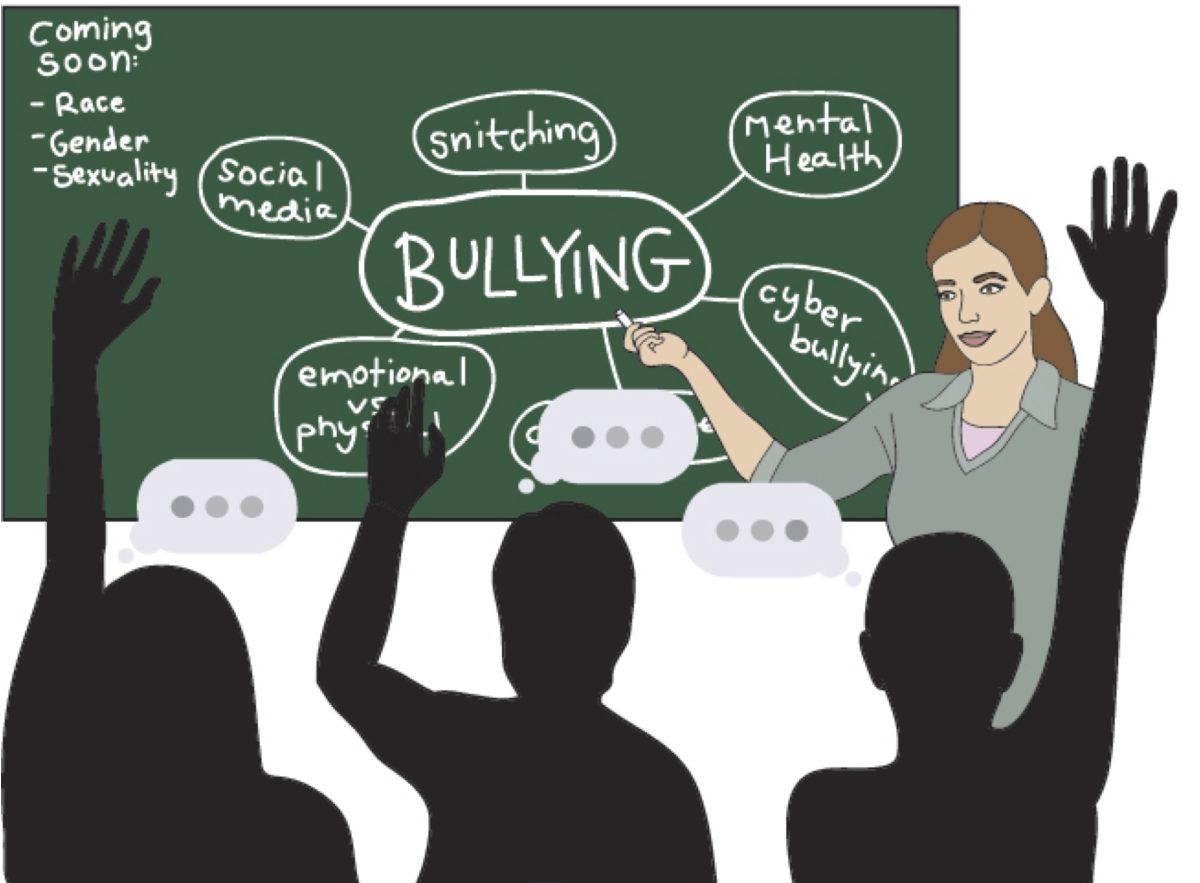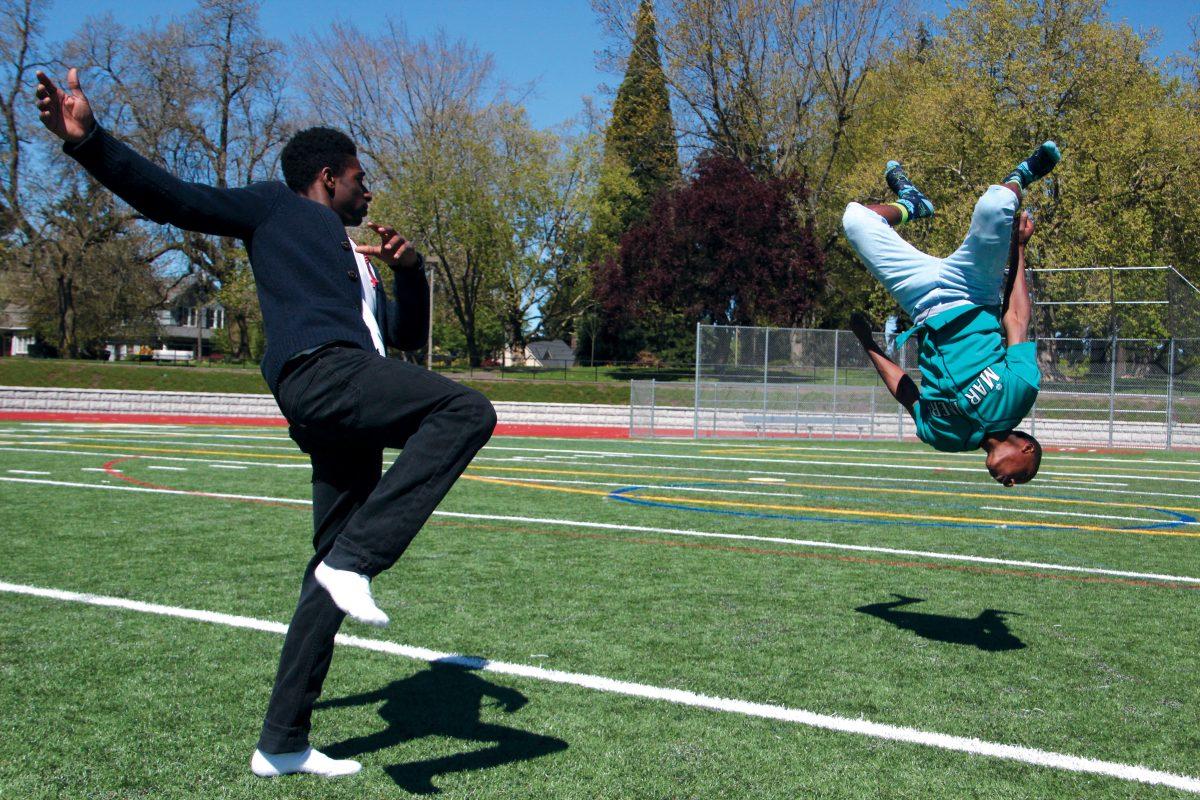Like a lot of Grant students, I first heard the rumors in late March. Other students in my freshman core classes were whispering the names – someone got expelled, others were suspended. According to their conversations, several freshman boys had gotten into trouble for posting derogatory comments on various social media platforms.
But it took nearly two weeks before I heard a single authority figure speak on the issue. As a female student and as a lesbian, I was appalled after hearing that some of the posts targeted women, and others were infused with homophobia and racism. I felt alienated by some of my peers.
As the rumors circulated, some of my fellow ninth-graders tried to play it off, excusing the posts as jokes or as harmless expressions of free speech. Several students didn’t seem to understand how offensive they were to me and many other members of the Grant community, and that the way the statements were put out there might not be protected under the law.
Finally, more than a week into April, my Writer’s Workshop teacher attempted to address the scandal. She gave us a few writing prompts that all freshmen would be responding to for a Restorative Justice project. The class was instructed to answer the questions on a sheet of paper.
I was glad to see that steps were being taken to address the issue, but I was disappointed to find that some of my peers didn’t take the questions seriously. It was as if they didn’t understand the magnitude of what happened. It seemed that they didn’t care about how much it had affected other students.
But I was also heartened when I saw many other classmates answering the prompts with a lot of thought. As the freshmen began to think about the recent events, many – myself included – became more interested and wanted to discuss things. A small conversation started, but my teacher quickly silenced it. This made me indignant. To me, the communication seemed constructive. But adults made it seem like this was taboo.
Later, I talked with my teacher about that day. She told me that she stopped the discussion because she had wanted to follow directions from the Grant administrators – teachers were told not to talk about the incident at a staff meeting earlier.
If conversations such as these had been allowed, students would have more of a platform to share their responses to the derogatory posts. Opinions could be discussed and debated, leaving many with a deeper understanding of race and gender issues, especially when it involves the use of social media.
Students in my freshman community were not involved in the actual posts – neither victims nor instigators. But my classes were still hit hard by the scandal and surrounding rumors. I’m sure those who were closer to the events were affected even more by the lack of authoritative voices.
All freshmen are scheduled to partake in a Restorative Justice circle in the near future. This activity might be exactly what my class needs – an opportunity to process the scandal and share how these posts make us all feel. But the efforts might fall short without further conversation.
We’ve had two Restorative Justice circles previously this year. I felt that they were aimed to help make our individual communities stronger, but didn’t always reach the intended objective. In my experience, it seemed that many students didn’t take the activities seriously, and others saw them only as a time to get out of regularly scheduled classes.
In addition to the circle, my Writer’s Workshop teacher told me she plans to do an in-class activity to talk about the issues. I think this is a good start, and I’m looking forward to the class-wide discussion. However, I feel that efforts such as this one should be made across the board, in many different classes. This issue doesn’t just concern freshmen.
Everyone is affected by these events. And everyone can benefit from talking about them openly. It’s important to me to hear different opinions and understand others’ perspectives, and I hope it’s as valuable to the entire Grant community.
High school is supposed to prepare us for the future. But how can we be expected to go out into the world and be successful adults if teachers and administrators at Grant keep treating us like children who can’t be told the truth? If open communication on this issue was practiced at Grant, I think students would become far more educated on real world topics. So why wait to take a negative event and turn it into something enlightening?
Let’s discuss it sooner instead of leaving it cloaked in silence. ◊


































